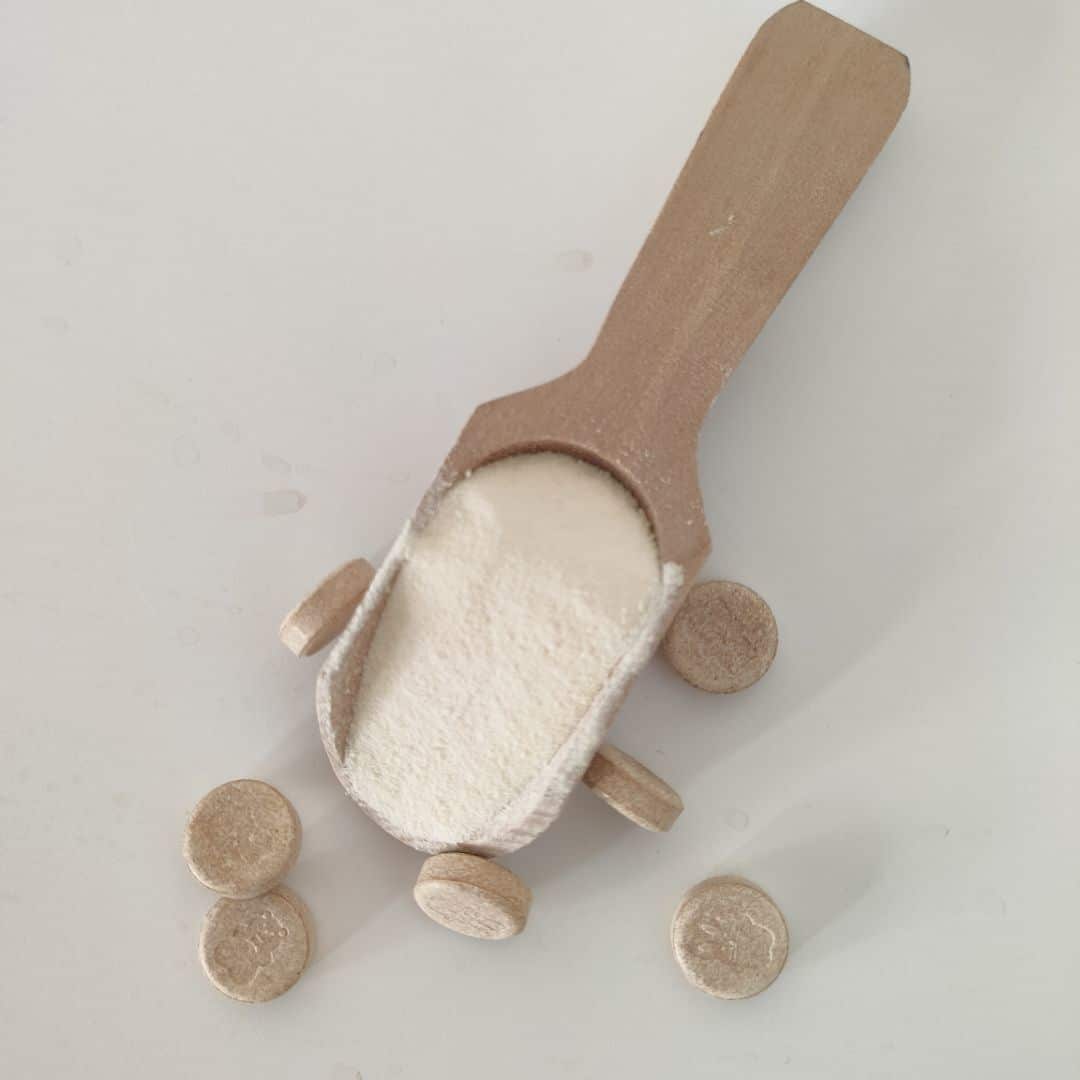In functional foods and dietary supplements, peptides derived from marine sources have garnered significant attention due to their potent bioactive properties. Sea cucumber and abalone peptides stand out for their unique benefits and applications. This article delves into a comparative analysis of these two marine peptides, focusing on their health benefits, biological activities, industrial uses, and market trends.
Introduction to Marine Peptides
Marine peptides, derived from sea animals, have been increasingly recognized for their potential health benefits and functional properties. Both sea cucumber and abalone peptides are prominent in this category and are known for their bioactivity and utility in various applications. These peptides are fragments of proteins broken down into smaller units through enzymatic hydrolysis, resulting in molecules that are easier for the body to absorb and utilize.
Health Benefits
- Anti-Inflammatory and Antioxidant Properties:
Sea cucumber peptides are renowned for their anti-inflammatory and antioxidant effects. These properties are primarily attributed to bioactive compounds such as saponins, which can help reduce oxidative stress and inflammation in the body. This can be particularly beneficial for managing chronic diseases such as arthritis and cardiovascular conditions.
- Immune System Support:
Studies suggest that sea cucumber peptides can enhance immune function. They may boost the activity of immune cells, such as macrophages and lymphocytes, contributing to a more robust defense system against pathogens.
- Skin Health:
Sea cucumber peptides are frequently used in cosmetics for their potential to promote skin regeneration and hydration. They are believed to improve skin elasticity and reduce wrinkles by stimulating collagen synthesis.
Abalone Peptide:
- Anti-Aging and Skin Repair:
Abalone peptides are well-regarded in the beauty and skincare industry for their anti-aging properties. They are rich in amino acids that support collagen production, essential for maintaining skin firmness and elasticity. This makes them a popular ingredient in anti-aging skincare products.
- Anti-Inflammatory Effects:
Similar to sea cucumber peptides, abalone peptides also exhibit anti-inflammatory properties. They can help reduce inflammation and promote healing, beneficial for conditions such as eczema and psoriasis.
- Nutritional Support:
Abalone peptides contain a range of essential amino acids which support overall health and muscle maintenance. They are also believed to enhance the absorption of other nutrients, contributing to better overall nutrition.
Biological Activities
Sea Cucumber Peptide:
- Anticancer Activity:
Research has indicated that sea cucumber peptides may possess anticancer properties. In some studies, they have been shown to induce apoptosis (programmed cell death) in cancer cells and inhibit tumor growth, although more research is needed to understand their efficacy fully.
- Antibacterial and Antiviral Effects:
Sea cucumber peptides have demonstrated antibacterial and antiviral activities in laboratory settings. They may inhibit the growth of certain bacteria and viruses, offering potential for use in antimicrobial therapies.
- Antioxidant Activity:
Abalone peptides have potent antioxidant properties that help neutralize free radicals. This can protect cells from oxidative damage and reduce the risk of chronic diseases associated with oxidative stress.
- Neuroprotective Effects:
Some studies suggest that abalone peptides may have neuroprotective properties. They could help protect brain cells from damage, which is beneficial for cognitive health and prevents neurodegenerative diseases.
Industrial Applications
- Nutraceuticals and Supplements:
Sea cucumber peptides are widely used in nutraceuticals and dietary supplements. They are available in various forms, including capsules, powders, and extracts, catering to different health needs.
- Cosmetics:
Due to their skin benefits, sea cucumber peptides are incorporated into various cosmetic products. They are used in anti-aging creams, serums, and moisturizers, capitalizing on their collagen-boosting and hydrating properties.
Abalone Peptide:
- Functional Foods:
Abalone peptides are often included in functional foods and health supplements. They are marketed for their nutritional value and potential health benefits, such as improving skin health and overall well-being.
- Cosmetic Products:
Like sea cucumber peptides, abalone peptides are also used in the cosmetic industry. They are featured in anti-aging products, skin serums, and other skincare formulations aimed at improving skin appearance and health.
Market Trends and Consumer Preferences
Sea Cucumber Peptide:
- Rising Demand in Health Supplements:
The demand for sea cucumber peptide supplements is growing, driven by increasing consumer awareness of their health benefits. This trend is particularly strong in regions like East Asia, where sea cucumbers are traditionally valued for their medicinal properties.
- Expanding Cosmetic Use:
The use of sea cucumber peptides in cosmetics is on the rise. Consumers are increasingly seeking natural and effective ingredients for skincare, making sea cucumber peptides a popular choice.
Abalone Peptide:
- Popularity in Anti-Aging Products:
Abalone peptides are highly sought after in the anti-aging market. Their efficacy in promoting skin health and reducing signs of aging aligns with the growing demand for high-performance skincare ingredients.
- Emerging Markets:
While traditionally used in East Asian countries, the market for abalone peptide products is expanding globally. Increasing consumer interest in marine-based ingredients and functional foods is driving this growth.
Conclusion
Both sea cucumber and abalone peptides offer unique and valuable benefits, making them popular choices in health supplements and cosmetics. Sea cucumber peptides are praised for their anti-inflammatory, antioxidant, and immune-boosting properties, while abalone peptides are renowned for their anti-aging and skin-repairing effects. Each peptide type has distinct biological activities and industrial applications, catering to different consumer needs and preferences.
As the market for marine peptides continues to evolve, sea cucumber and abalone peptides will likely see increased use and innovation. Understanding their comparative benefits and applications can help consumers make informed choices about incorporating these peptides into their health and beauty regimens.

